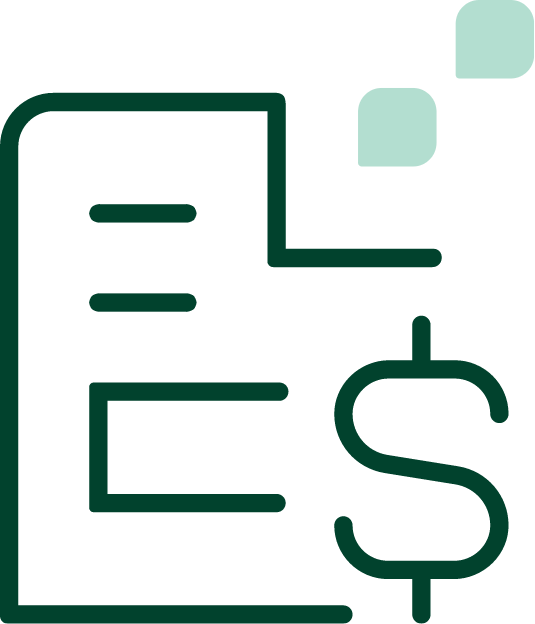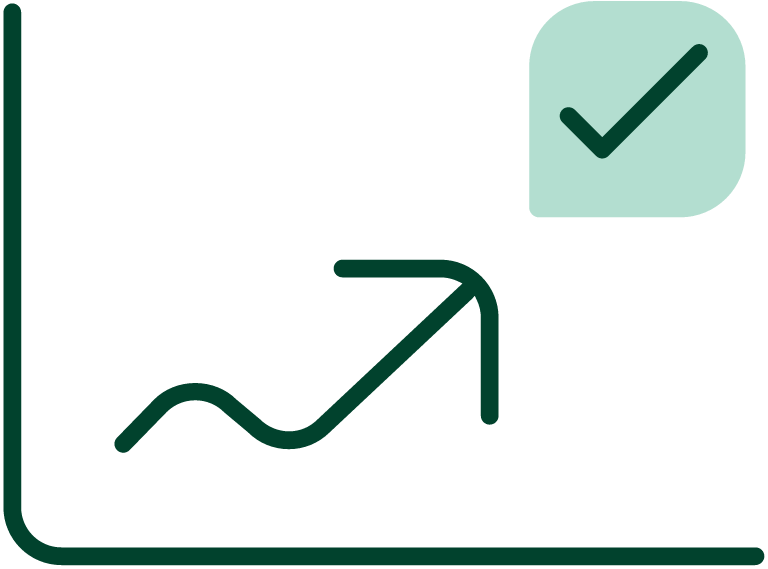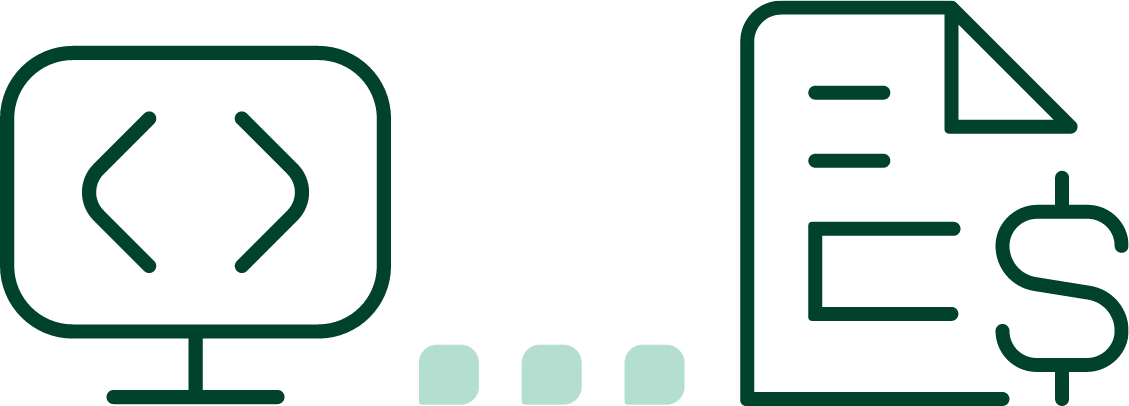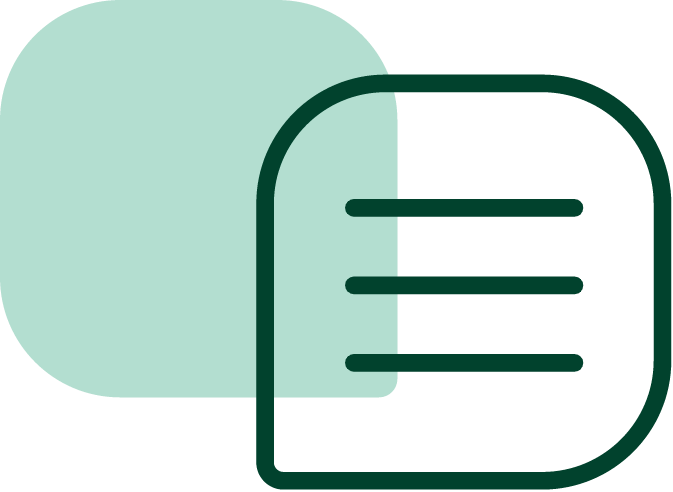What Is Invoice Financing?
Invoice financing is a financing option in which businesses borrow against their accounts receivable for immediate capital. The lender is typically a financial institution or a specialized financing company. Depending on the structure of the financing, either the third party or the business may collect the outstanding invoice amounts.
Types of Business Invoice Financing
There are several types of invoice-based financing, each with its specific structure.
- Invoice factoring – A business sells its invoices as collateral to a financial company to receive anywhere from 70- 95% of their value in cash. The rest of the amount is paid to the factoring company as interest and/or fees. The main distinction in invoice factoring is that the factoring company takes responsibility for collections and that the customers are informed of this agreement, which may portray a business in a negative light.
- Invoice discounting – Similar in structure to invoice factoring, but since the business is instead responsible for collections it can sell invoices for up to 95% of their value and pay the financial company fees/interest. In contrast to invoice factoring, customers are not informed of this agreement.
How Does Business Invoice Financing Work?
Business invoice financing, regardless of the structure, involves a few key steps:
Step 1) An industrial company sells its unpaid invoices to a third-party financier, for a percentage of the value of the invoices.
Step 2) The financial company immediately advances a percentage of the invoice’s value.
Step 3) Once the customer pays the invoice, the financial company subtracts the factor fees and pays the remaining balance to the hardware company.
Step 4) In some cases, the industrial company may still be responsible for collections, while in others, the financial company takes over the collections.
An Example of Invoice Financing
Let’s say a manufacturing company has $250,000 worth of outstanding invoices with 30-day payment terms. It decides it needs cash today to cover its payroll and other expenses. The manufacturing company sells its invoices to a financing company for 95% of its value at $237,500.
Once the company collects its invoices, however, it pays the remaining balance to the financial company, minus a fee of 3% ($7,500) and interest of 1% ($2,500).
| What action is taken? | Manufacturing company receives 95% of the $250K value of its outstanding invoices | Manufacturing company gets payment from customers | Manufacturing company returns loan from financial company + fees + interest | What the manufacturing company nets from the order of $250K *
$247,000 |
| Cash Flow | + $237,000 | +$250,000 | -$247,000 | N/A |
* The business ends up paying $3,000 for an immediate cash flow of $250K.
The Pros and Cons of Invoice-Based Financing
The immediate availability of cash is an obvious benefit of invoice-based financing, but not all businesses decide that the fees and interest on invoices financing are worth it. Despite this and other advantages, invoice financing presents some challenges.
Pros:
- Easier approval process: Invoice-based financing is typically quicker and easier than securing a traditional loan or line of credit because it does not require traditional collateral.
- Convenient solution: Access to immediate cash helps companies to cover their expenses, invest in growth opportunities and manage short-term financial challenges such as a customer-facing bankruptcy or a supplier that suddenly went out of business.
- Flexibility: Businesses can choose which invoices to finance, allowing them to tailor the financing solution to their needs..
Cons:
- Higher cost: In exchange for receiving cash quickly, invoice financing comes at a high cost compared to other financing options such as traditional loans.
- Reliance on customer collections: The availability and cost of financing via invoices depend on how long it takes a business to collect payment on those invoices. If a customer is late or fails to pay, the fees from interest for the loan can result in unanticipated costs.
- Loss of control over collections: In some cases, businesses may lose control over the invoice collection process, which can impact customer relationships. The financial company might not be as amicable about collections as a business seeking to avoid attrition.
Is Invoice Financing Right For Your Business?
Whether it’s the ability to take advantage of an investment opportunity, dealing with an unforeseen financial challenge, or being faced with a natural disaster, invoice financing might be the best solution to improve your cash flow. If your business is a B2B business with long billing cycles of 30, 45 or 60 days to payment, and you don’t want to wait for a traditional loan, invoice financing might be for you. While it’s a good solution for businesses with creditworthy customers, you’ll want to make your collections process as efficient as possible to improve your cash flow so that you can reduce your reliance on invoice financing in general.
How Gaviti Can Improve Your Cash Flow
Even though businesses may decide that invoice financing is worth it to improve their cash flow, it can impact their profits. Gaviti’s accounts receivable collections solution helps businesses streamline their invoicing and collection processes and get paid 30% to 50% faster. By automating the collections process, Gaviti enables enterprises to gain more control over their A/R, including when and how to leverage different financing solutions such as invoice factoring, and significantly reduce the need for it as well.
Want to learn more about how to achieve stronger collection team performance and accelerate your cash flow?
Speak to a Specialist today to see how it works.






















